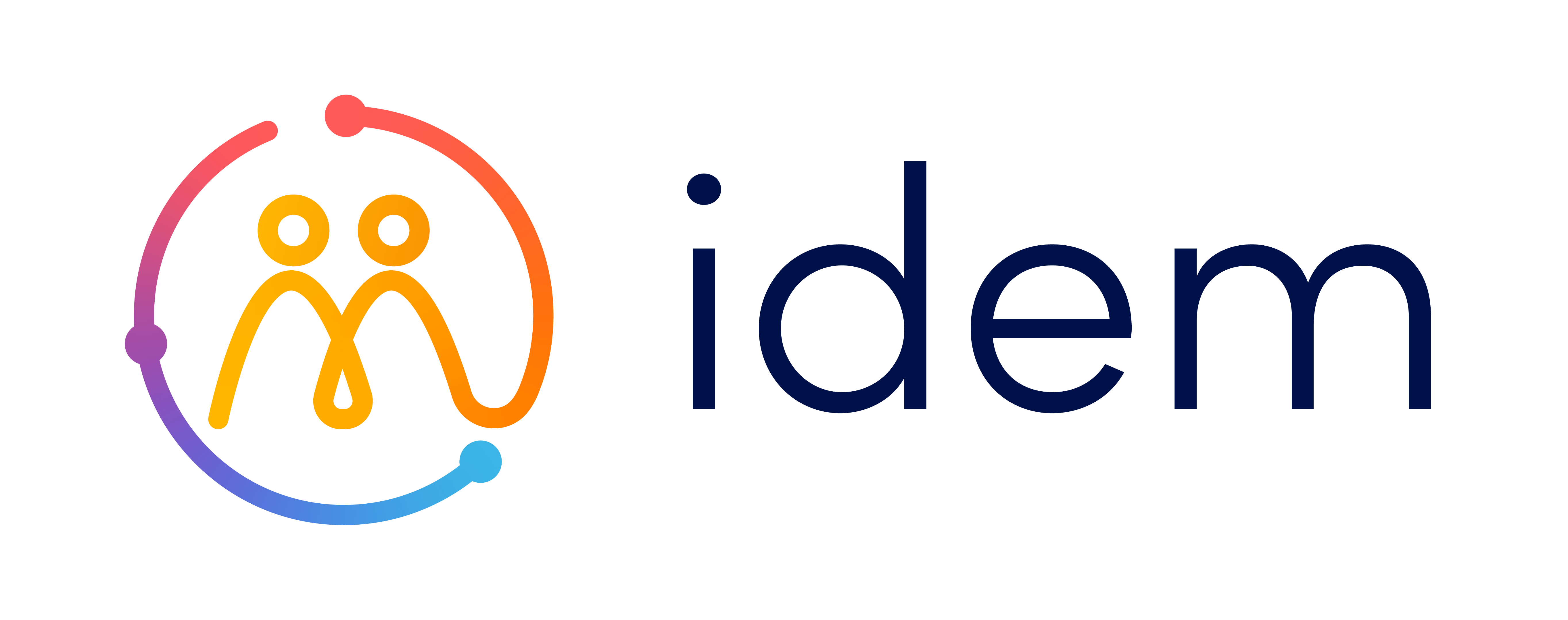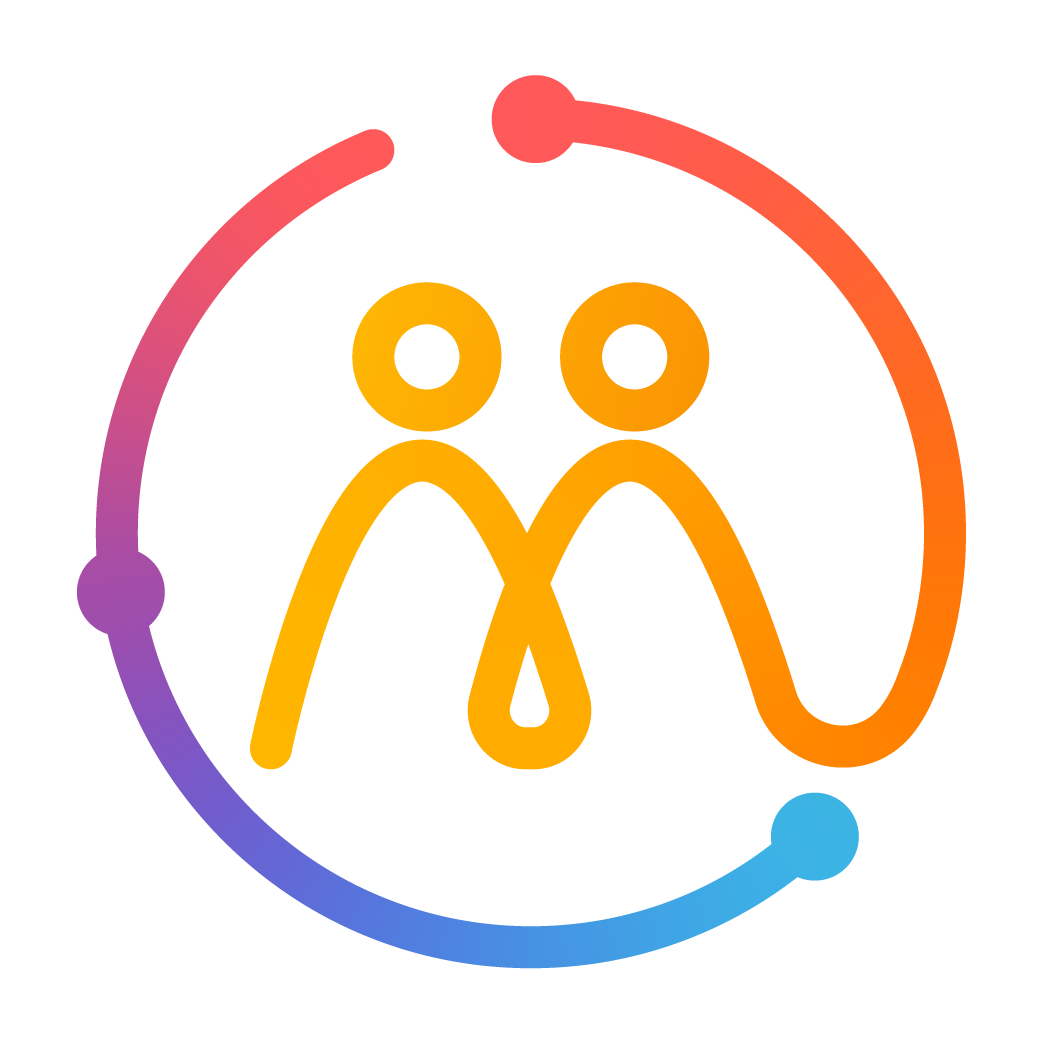When memory loss begins to affect daily life, time can quickly become confusing. Forgetting what day it is, mixing up morning and evening, or missing a medication dose aren’t just small inconveniences—they’re moments that can increase anxiety, disrupt routines, and create stress for both the person experiencing cognitive changes and their caregivers.
One of the simplest, most effective tools for easing this confusion is a dementia clock. But with so many options on the market, how do you know which one is right for your loved one? The truth is, there isn’t a single “best” dementia clock. The right choice depends on your loved one’s current needs, stage of memory loss, and the type of support you want as a caregiver.
This guide walks you through the two main categories of dementia clocks, with examples, pricing, and practical tips for deciding what works best for your family.
Why Dementia Clocks Matter
Orientation in time is one of the first things affected by dementia and other cognitive impairments. Losing track of time or day contributes to:
-
Repetitive questions (“Is it morning yet?” “What day is it today?”)
-
Missed medications or meals
-
Confusion about upcoming appointments
-
Sleep disruptions (waking up at night, thinking it’s morning)
-
Feelings of anxiety, frustration, or loss of control
A dementia clock doesn’t solve memory loss, but it provides anchors: clear, consistent reminders of the day, time, and daily routines. This reassurance helps older adults feel grounded and supported, while reducing the caregiving burden.
1. The Basic Dementia Calendar Clock
What it is: A large, high-contrast display showing the time, day, and date.
Best for:
-
People in the early stages of memory loss
-
When confusion is mainly about the day and time, but routines are still intact
Why it helps: By clearly showing “Monday, 2:00 PM, August 26,” these clocks answer the most frequent questions without the need to ask someone else. This reduces anxiety and repetitive questioning.
👉 You can find this type of basic dementia calendar clock on Eugeria here.
-
Price: around $90 CAD
-
Features: Large text, easy-to-read screen, simple setup
Perfect entry-level solution when time orientation is the main challenge.
2. Smart Dementia Clocks with Remote Features
What it is: A connected clock that links to a caregiver app. Along with orientation and reminders, it lets family members send notes, schedule events, and receive confirmations when prompts are seen.
Best for:
-
Families caring from a distance
-
Caregivers balancing busy schedules who need reassurance
-
Older adults who benefit from both structure and emotional connection
Why it helps: Smart clocks go beyond “telling time.” They allow caregivers to stay involved without being physically present, providing peace of mind for families and reducing isolation for older adults. Sending a note like “Thinking of you today 💙” can make a loved one feel connected and supported, even from afar. Depending on the clock, you can schedule appointments, send custom reminders, and do much more than a reminder app. Plus, you can track everything from your phone.
👉 The Idem Smart Clock was designed with these challenges in mind — helping older adults stay oriented and connected while giving caregivers peace of mind.
Price: $275 CAD (approx.)
Features:
-
Custom reminders for medications, appointments, and activities
-
Remote scheduling through the free companion app
-
Ability to send photos and affectionate notes
-
Caregiver confirmation when reminders are viewed
An all-in-one solution for evolving needs, especially valuable for caregivers who want reassurance and connection from anywhere.
Key Factors to Consider Before Buying
When deciding which dementia clock to choose, consider:
-
Stage of memory loss: Early orientation issues vs. disrupted routines vs. need for full caregiver support.
-
Living situation: Is your loved one living alone, with a partner, or in assisted living?
-
Distance of caregiving: Do you live with your loved one, or do you support them from another city?
-
Budget: Basic models start at around $90 CAD, while connected clocks cost closer to $250 CAD.
-
Adaptability: Needs will change over time. A simple clock may be enough now, but eventually a reminder or smart clock may be necessary.
Research Insights
-
Digital clocks are easier to read than analog clocks for people with dementia, thanks to clearer time markers and larger displays.
-
Orientation tools reduce anxiety and help maintain routines, according to studies on cognitive impairment and daily function.
-
Social connection is critical: Isolation accelerates cognitive decline. Smart clocks that allow messaging help maintain emotional bonds, which support well-being.
In Summary
The best dementia clock isn’t necessarily the most advanced — it’s the one that matches your loved one’s current needs.
-
If orientation is the main issue, start with a simple calendar clock.
-
If routines are slipping, add structure with a reminder clock.
-
If you need peace of mind and connection from a distance, consider a smart connected clock like Idem.
A dementia clock doesn’t just tell the time. It provides reassurance, structure, and connection. And for caregivers, it can ease worry and bring confidence, one day at a time.




Share:
7 Gentle Ways to Reduce Isolation for Older Adults
Finding the Right Pill Dispenser for Dementia Care in 2025